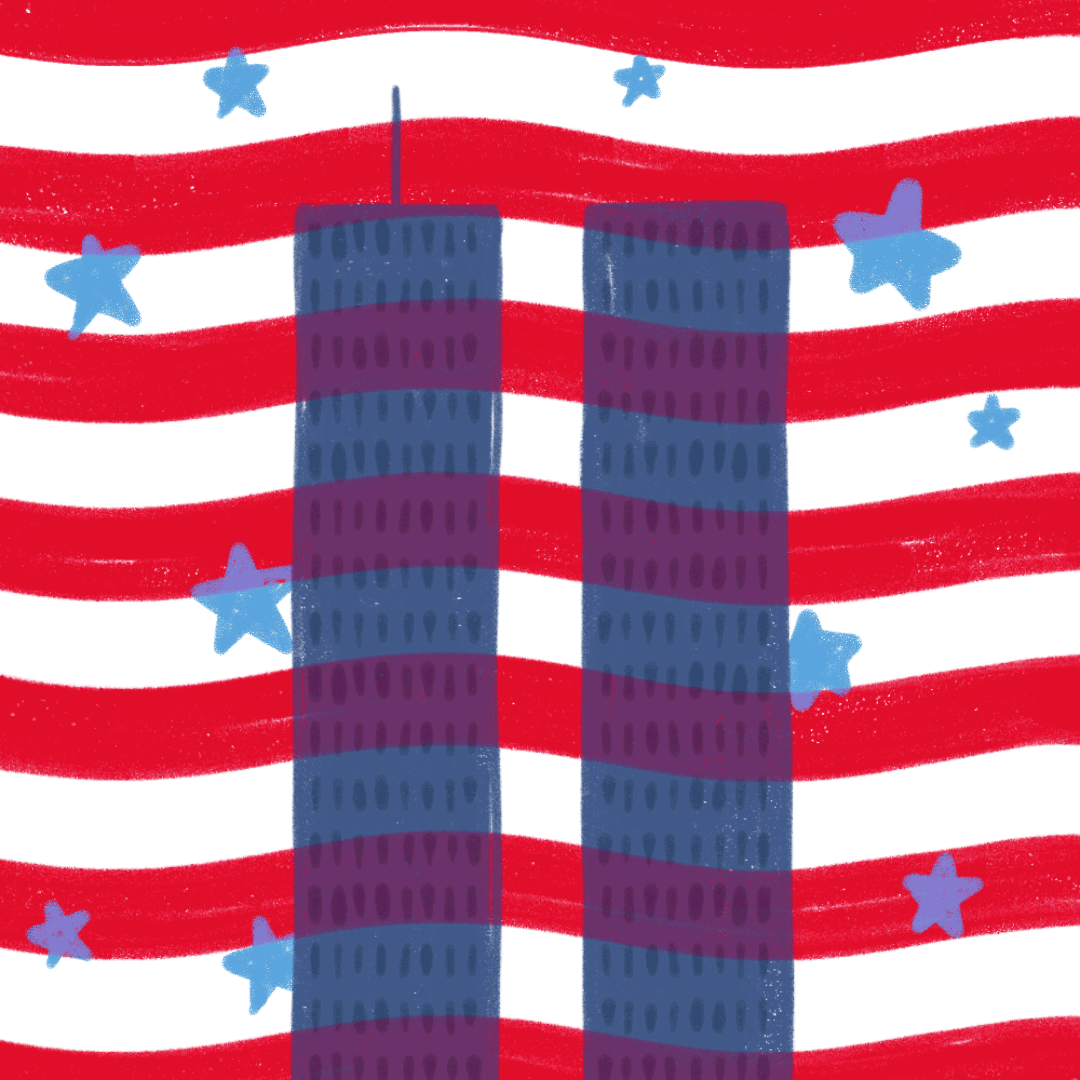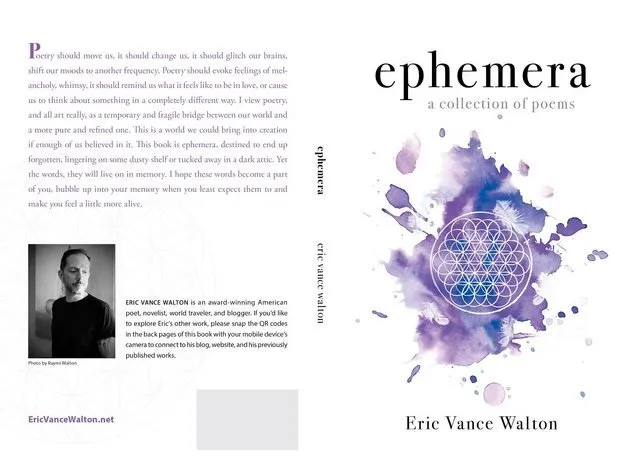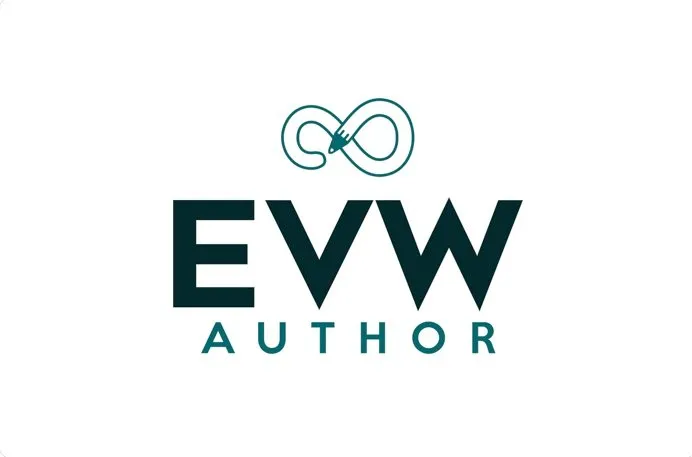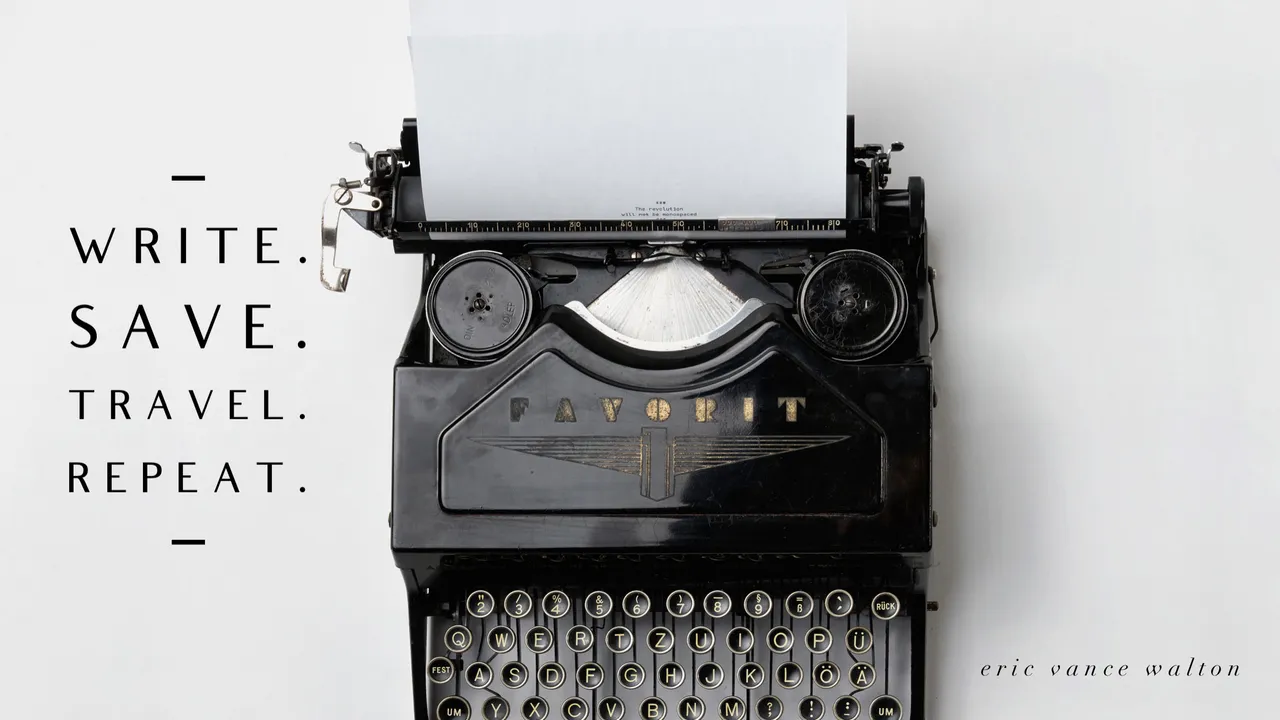
Here we are just a day away from the twentieth anniversary of 9/11. Many of us who remember September 11, 2001 are starting to reflect on the ways the event changed America and our perception of what it means to be an American.
I remember that morning well. I was thirty years old, six years into my insurance career. My shift at Securian (then Minnesota Life) began at 7:00am CST. I was already at my desk when the first plane hit the north tower of the World Trade Center at approximately 8:46 am EST. At first the media was reporting it as probably an accident, maybe a single engine plane. As more details started trickling in from co-workers who heard about it on the radio during their morning drive it became apparent that those early reports were terribly wrong.
As I think back it’s almost unfathomable how much less the world was connected in 2001. News was far from instantaneous. Mobile phones were in the hands of a select few but they just made calls and sent/received texts. The first iPhone wouldn’t be released for another six years. We didn’t even have access to the internet on our work computers back then. Twenty years ago a large majority of Americans were still almost completely reliant on TV and radio for their news.
A second plane hit the south tower of the World Trade Center at 9:03am EST. I had more intimate memories of this building. My parents, my younger brother, and I took the express elevator to the observation deck of the south tower 108 stories above the bustling streets on a summer vacation in 1986. The four of us stood on top of that building in awe of the beautiful and vulgar machine that was New York City running at full speed thousands of feet below. We were so high it seemed like you could see the Earth curve before us.
I would return to take that same elevator up to the observation deck of the south tower one last time in 1994. I went on a trip to New York City fresh out of college and was planning on moving to the city to be closer to publishers. Fate had other plans and that never happened.
Flight 77 crashed into the Pentagon at 9:37am EST. Twenty minutes later passengers overtook the hijackers of flight 93 and it crashed into a field in Somerset, Pennsylvania. Our fears were amplified. I never believed that I would witness an attack of this magnitude on mainland US soil and nearly everyone I spoke with shared in that belief.
Not much work got done the day of the attacks or the rest of the week. Minnesota Life set up televisions on rolling carts in the lobby before the lunch hour and management was allowing us to go down for as long and as often as we wanted. Wave after wave of news developed.
On that morning of September 11, 2001, as the media replayed the footage of those gargantuan Twin Towers of the World Trade Center collapsing in on themselves, it felt as though a great facade was crumbling as well. In the ensuing days the realization that America was no longer immune to the kind of violence the rest of the world had become accustomed to for decades began to sink in. For the first in my life I felt vulnerable as an American and a great sense of paranoia.
Within the cyclone of emotions that day, the two I remember most distinctly bubbling to the surface were shock and fear. There was speculation that more hijacked planes were in the air and as the news stories developed that speculation was confirmed.
Would there be attacks in more cities across the country?
Would our capital be under siege?
No one really knew. Commercial flights were grounded. Military fighter jets and helicopters made regular flights over the Twin Cities for weeks. Reports of more terrorist cells already within the US planning more attacks circulated widely, keeping us all on edge.
Technology wasn’t the only thing that was different in 2001. I remember how completely the tragedy brought the entire country together. Despite our differences, we were Americans first. Despite political affiliation, race, or economic class could come together against a common threat. Neighbors began speaking on a regular basis, taking care of one another.
On September 20, 2001, while emotions were still running high and wounds still fresh, President Bush stood before Congress and the American people announcing his “War On Terror”. Five days later Defense Secretary Rumsfeld announced “Operation Enduring Freedom”, a US led anti-terror campaign that would take us and our allies to war with Iraq and Afghanistan. Operation Enduring Freedom would ultimately last twenty years and cost US taxpayers $2,261,000,000,000. Although the actual cost in dollars, human lives, and all of our personal freedoms (Patriot Act) were far more substantial.
In the weeks leading up to this anniversary I’ve been reflecting about how deeply America has changed in these past two decades.
“America is the greatest country on Earth!'' We’ve heard this for most of our lives but is it true?
The data speaks otherwise. By nearly every measure America’s quality of life has worsened in the past twenty years. Over the past eighteen months, facades have further eroded to reveal an even greater divide. America is nearly split down the middle and each side seems to be living in two completely different realities. Friends and relatives who don’t share the same opinions are turning their backs on one another and severing ties forever. American citizens are mirroring the behavior of those they elect to serve us.
“If those in charge of our society - politicians, corporate executives, and owners of press and television - can dominate our ideas, they will be secure in their power. They will not need soldiers patrolling the streets. We will control ourselves." Howard Zinn, historian and author
Democrats and republicans spend more time fighting each other and finding ways to line their own pockets (and those of their constituents) and amass more power than taking care of us, those they are elected to serve. American infrastructure is crumbling. Our education and healthcare are also among the worst in the developed world. America’s treatment of the elderly is atrocious.
Yes, some of the division is being stoked by nations wishing to cause us harm but if we pull back the curtain, the majority of the division originates like a malignancy, consuming us from within.
“The death of democracy is not likely to be an assassination from ambush. It will be a slow extinction from apathy, indifference, and undernourishment." - Robert M. Hutchins
As we mourn the lives lost during the terrorist’s attacks on September 11, 2001, and in the twenty years of wars that followed, let us think about all of the other things we’ve lost.
I'm afraid of what America is becoming -- an ugly, divided, uncompassionate, and violent nation that is growing increasingly difficult to survive in.
We need to find ways to be better, to take care of one another before the divide is too great to traverse.
"Americans are too broadly under informed to digest nuggets of information that seem to contradict what they know of the world. Instead, news channels prefer to feed Americans a constant stream of simplified information, all of which fits what they already know. That way they don't have to devote more air time or newsprint space to explanations or further investigations... Politicians and the media have conspired to infantilize, to dumb down, the American public. At heart, politicians don't believe that Americans can handle complex truths, and the news media, especially television news, basically agrees." - Tom Fenton
This isn’t a hit piece on America.
I love my country, or at least the idea of it anyway.
Questioning a status quo that is clearly failing us isn’t unpatriotic, in fact this is democracy in its purest sense. Those career politicians who are ransacking our nation from within don’t want us freed from our distractions. They will put up as many roadblocks as they can to prevent us from seeing the awful truth. You see our worst enemies’ greatest fear is that the American people will wake up and we must do exactly that before it’s too late.
Can America find a way to heal its wounds and rise to become a better version of itself?
I’m one hundred percent rooting for that. None of us individually can fix America but, collectively, we can do it. Before that happens we must beef up our mental immune systems so we can see through the lies and wild conspiracies that currently divide us. We have to become more involved in our political system and start holding our politicians accountable.
“The radical left and the radical right, each made up of people who have been cast aside by the cruelty of corporate capitalism, have embraced holy war. Their marginalized lives, battered by economic misery, have been filled with meaning. They hold themselves up as the vanguard of the oppressed. They claim the right to use force to silence those defined as the enemy. They sanctify anger. They are consumed by the adrenaline-driven urge for confrontation. These groups are separated, as Sigmund Freud wrote of those who engage in fratricide, by the “narcissism of minor differences.” ― Chris Hedges, America: The Farewell Tour
Never forget...the unmet campaign promises, the lies, the deception.
I’d like nothing more than to stop feeling this complete and utter disconnect from those we elect and policies they hand us.
This is my American dream.
Before that dream is realized our politicians will have to live in the same world we do. Our elected officials will have to truly experience the fear, pain, and struggle that is modern day America before they understand.
Our politicians and their children will have to walk the same dangerous streets, go to the same underfunded public schools, and will have to trust their well being to the same broken healthcare system that we all do. Until they actually know what that actually feels like I fear nothing will change.
Never forget...we never have to remain a slave to our past.
United, we will stand. Divided, we will all perish together. Never forget.
With Gratitude,
Eric Vance Walton

Poetry should move us, it should change us, it should glitch our brains, shift our moods to another frequency. Poetry should evoke feelings of melancholy, whimsy, it should remind us what it feels like to be in love, or cause us to think about something in a completely different way. I view poetry, and all art really, as a temporary and fragile bridge between our world and a more pure and refined one. This is a world we could bring into creation if enough of us believed in it. This book is ephemera, destined to end up forgotten, lingering on some dusty shelf or tucked away in a dark attic. Yet the words, they will live on in memory. I hope these words become a part of you, bubble up into your memory when you least expect them to and make you feel a little more alive.
Pick up a copy of Ephemera today on Amazon.

Most of us have experienced a moment of perfect peace at least once in our lives. In these moments we lose ourselves and feel connected to everything. I call these mindful moments. Words can’t describe how complete they make us feel.
These moments are usually fragile, evaporating in seconds. What if there was a way to train your mind to experience more of them? It’s deceptively easy and requires nothing more than a subtle shift in mindset. My new book, Mindful Moments, will teach you to be much more content despite the chaos and imperfect circumstances continuing to unfold around you. Upgrade your life experience today for only $15.99 on Amazon.com.
Let’s Keep In Touch


